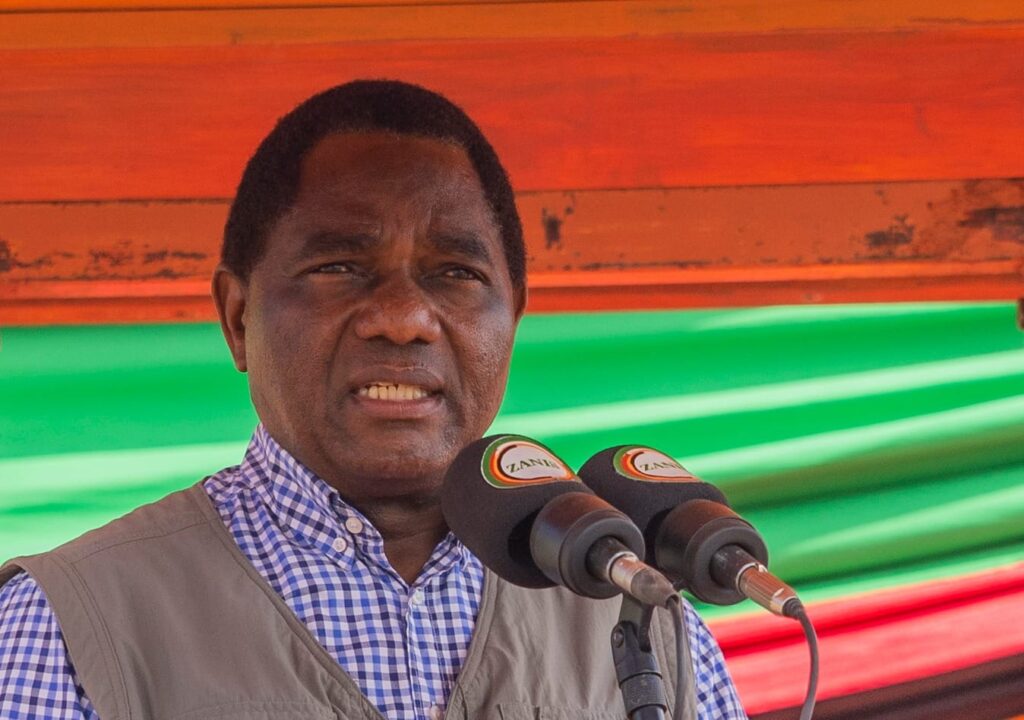A court in Zambia has sentenced two men to two years in prison after convicting them of attempting to use witchcraft to kill President Hakainde Hichilema.
The men, identified as Leonard Phiri from Zambia and Jasten Mabulesse Candunde from Mozambique, were arrested in December 2024 in possession of charms, including a live chameleon. They were tried under the Witchcraft Act and became the first individuals in the country to face prosecution for attempting to use witchcraft against a sitting head of state.
During the trial, the prosecution argued that the two had been hired by a fugitive former Member of Parliament to carry out the act. Evidence presented in court showed that the charms were intended for a ritual designed to cause the president’s death within five days. Phiri even demonstrated how the chameleon’s tail would be used in the ritual.
The court ruled that while witchcraft is not scientifically proven, the law addresses the fear and harm caused when individuals represent themselves as having such powers. The presiding magistrate emphasized that the issue was not whether the men were actual wizards but whether they had professed and practiced witchcraft, which the evidence clearly established.
In addition to the two-year jail term for professing witchcraft, both men were sentenced to six months for possession of charms. However, the sentences will run concurrently, meaning they will serve only two years, effective from the date of their arrest.
Their lawyer pleaded for leniency, noting that they were first-time offenders and suggesting a fine instead of imprisonment. The court dismissed the appeal, stressing the seriousness of their actions.
The case has drawn significant public interest in Zambia, highlighting the enduring influence of traditional beliefs in modern society. Witchcraft remains a sensitive issue in many African communities, often linked to fear, suspicion, and mob justice. The Witchcraft Act, originally enacted during colonial rule in 1914, is rarely applied but serves to protect individuals, especially vulnerable groups such as elderly women, from accusations and violence.
President Hichilema, who has previously stated that he does not believe in witchcraft, has not commented on the case. Meanwhile, public debate continues over the role of witchcraft in society and its intersection with law, politics, and culture.

